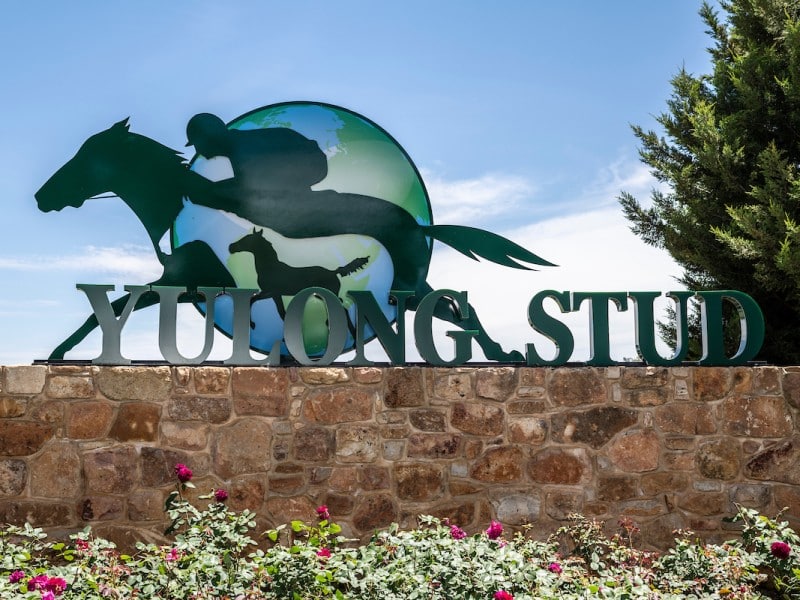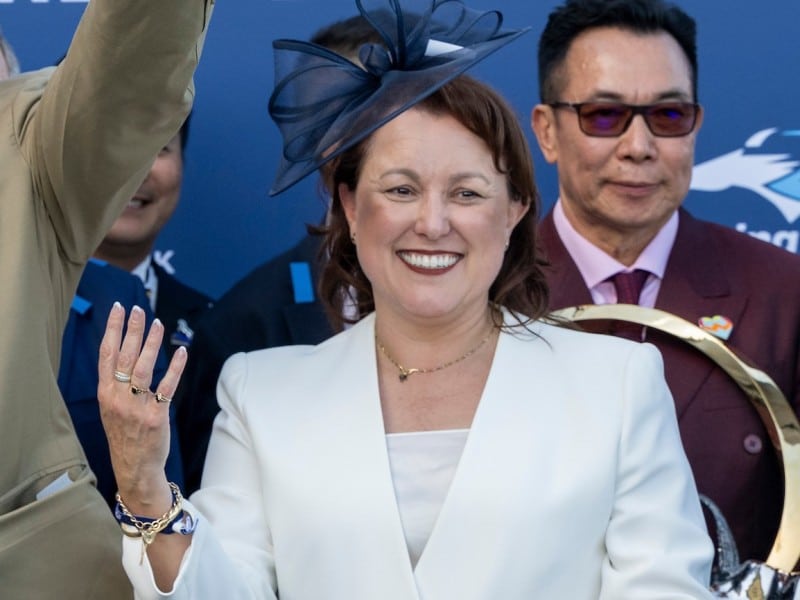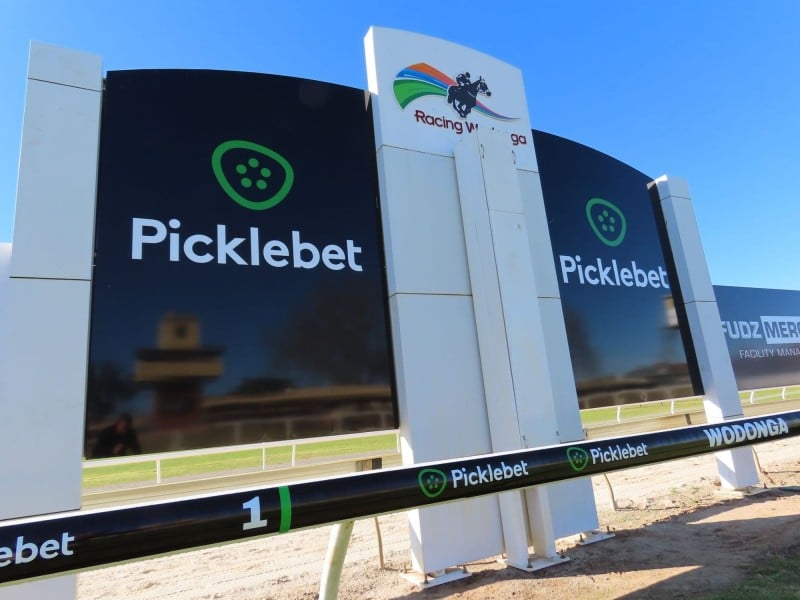Racing NSW board of directors did not pre-approve $6m Tabcorp lawsuit
Racing NSW director Garry Charny has revealed that the regulator’s recent legal action against major partner Tabcorp was not pre-approved by the Racing NSW board.
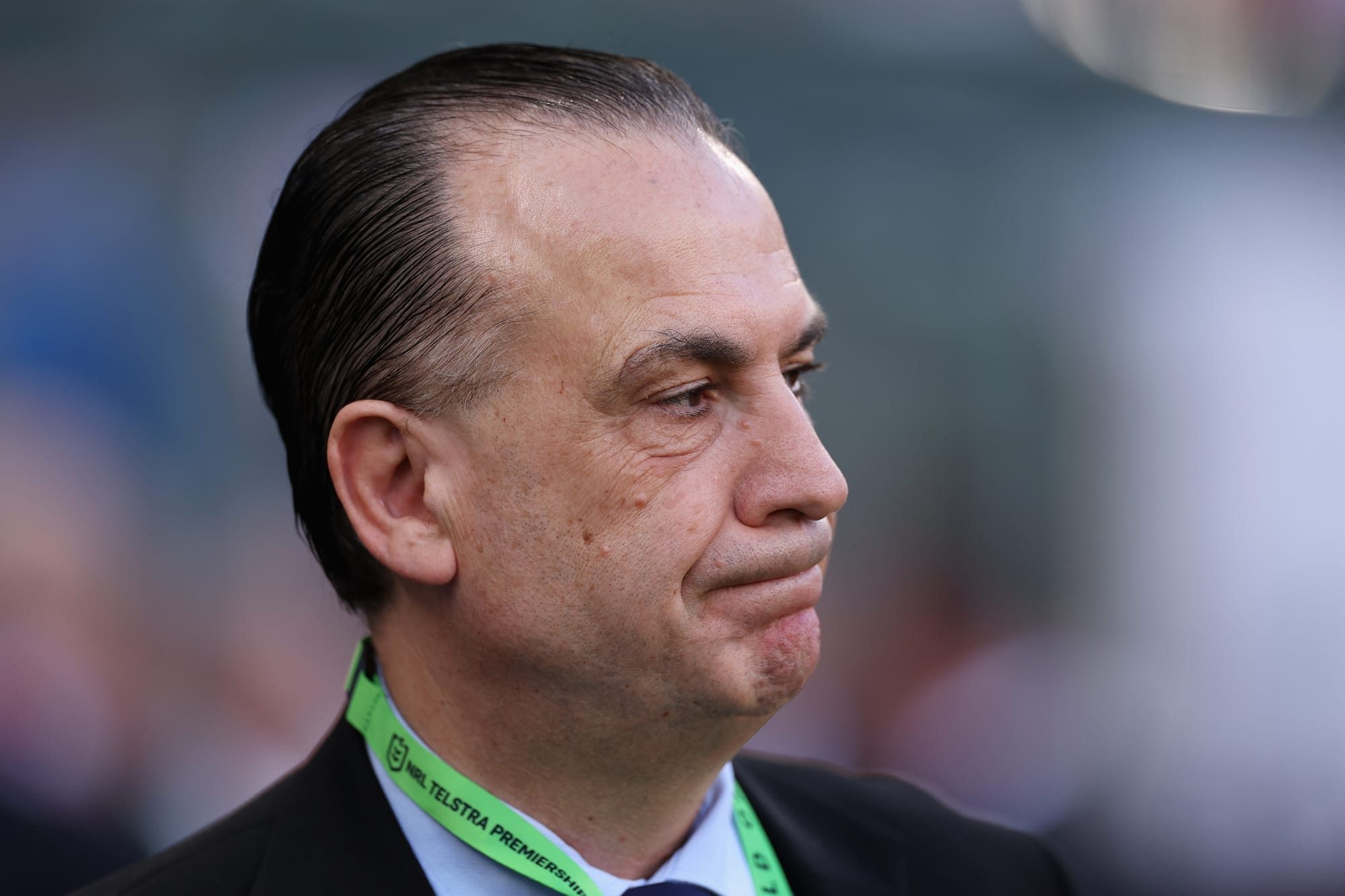
Racing NSW took Tabcorp to the NSW Supreme Court over a $6 million dispute surrounding the promotion of The Kosciuszko, claiming the wagering company had not fulfilled its obligations regarding the race’s marketing.
The legal action was terminated on mutual agreement last month and Racing NSW board director Garry Charny was asked about the approvals in place for legal disputes during his appearance at the parliamentary Select Committee inquiry into the sale of Rosehill.
Charny revealed the Racing NSW executive, which is headed by CEO Peter V’landys, has a delegation in place that legal matters of less than $1 million do not need board approval.
Charny said this threshold applied to the pure costs of the legal action, not the potential total commercial value, including the costs.
Charny, who became a director in December 2022, said as such, the Tabcorp action was not taken to the board before it was launched.
“You’re talking about the most recent one? No, that was not a board decision, it was brought to the board after the proceedings were commenced,” Charny revealed to the Committee.
Asked whether that case would sit outside the delegation of $1 million, Charny clarified:
“No, because I don’t think the costs on that would have been a million dollars,” he said. Asked what that litigation cost, Charny said he would take that on notice.
He said he didn’t know if the board had approved the long-running legal dispute between Racing NSW and Racing Victoria because it started before his time as director.
He said he would provide an update as to the costs of the litigation in the Racing Victoria case on notice.
Charny agreed that the delegations in place in terms of discretionary legal spend by V’landys and his executive team, were “broad” and could do with a review.
He also revealed the Racing NSW Board had not discussed the possibility of greater state government oversight of the regulator, including the state auditor-general, which had been proposed by opposition and crossbench members late last year.
“There was no board meeting where we discussed it and said, let’s form a position for the board,” he said.
Charny said his personal view was that greater scrutiny and oversight would be a positive outcome.
“I fear no light being shined in the dark corners,” he said.
Asked about the board’s knowledge of the Australian Turf Club’s proposal to sell Rosehill, Charny said the full Racing NSW board was informed on November 21, three weeks after V’landys and then Racing NSW chairman Russell Balding were told by the ATC.
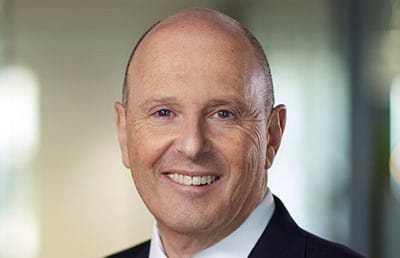
By this time, V’landys and Balding had already discussed the Rosehill matter with the Cabinet Office.
Charny said the November meeting, which occurred before the full ATC board had been briefed on the proposal, saw the directors asked to sign non-disclosure agreements.
“That was the board meeting where we were first told about the Rosehill proposal,” he said.
“We had formed no decision when we signed the NDA. We actually didn’t know what we were signing an NDA about at that point in time.”


